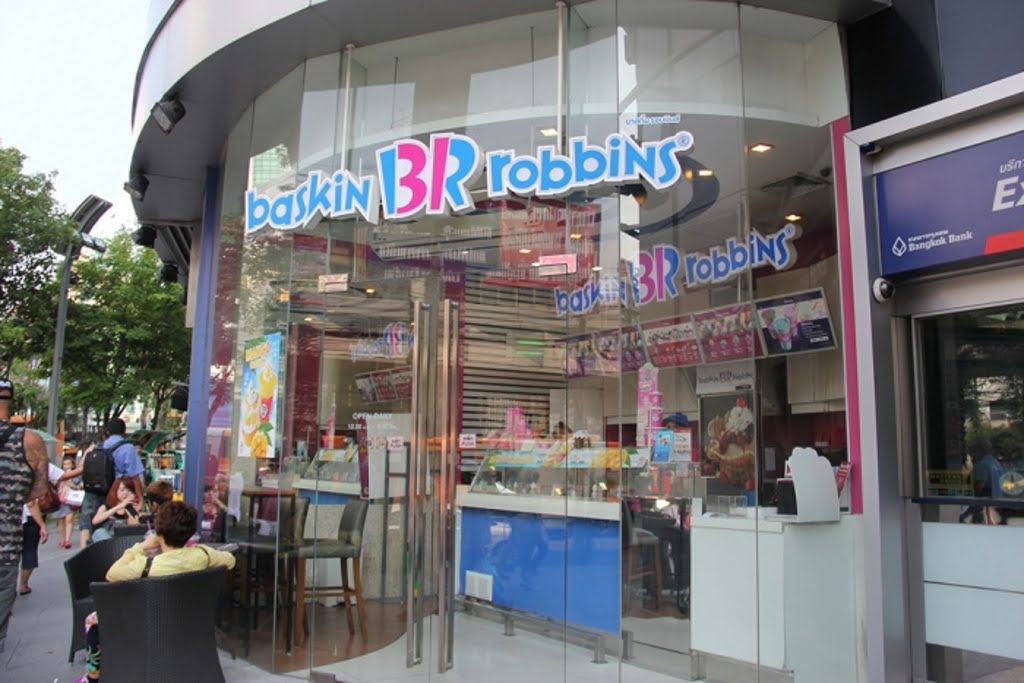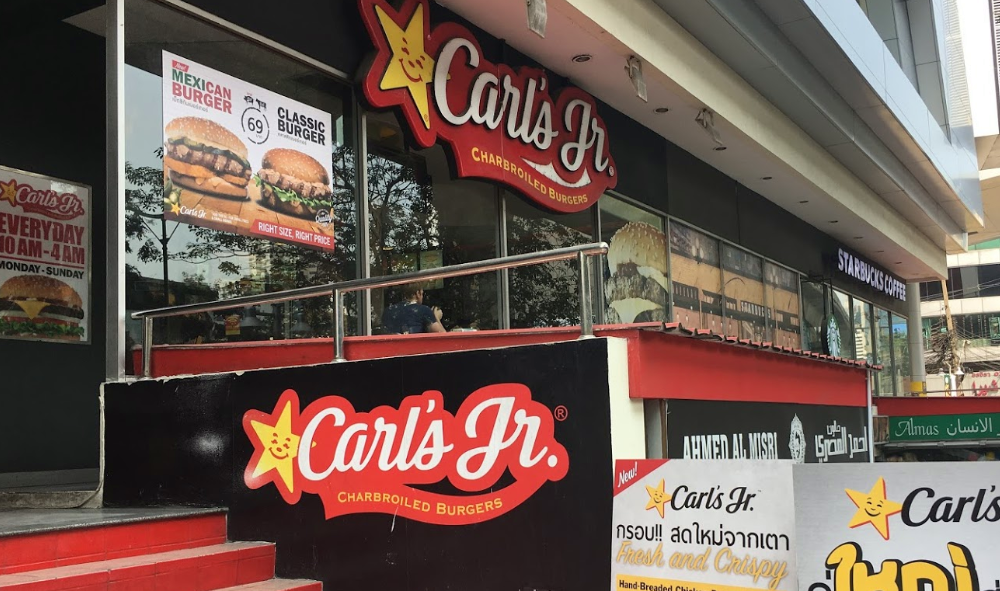Baskin Robbins has ceased all operations in Thailand after the ice cream retailer was reduced from ten to four locations by the end of 2022. Its stake in Mud & Hound has dropped from 3% to 1%.
Baskin Robbins, the US ice cream chain, will cease operations in Thailand on March 13, 2023, closing all four remaining locations. The Baskin Robbins logo is no longer visible on the website of Mud & Hound, the brand’s Thai owner.
According to the brand’s official Facebook page, Baskin Robbins Thailand, has a ‘permanently closed’ status.
The ice cream logo is not displayed on the Mud & Hound website. In Thailand, the company owns 100% of the franchise rights.
Baskin-Robbins isn’t the only food franchise to fail in Thailand; in March 2022, Carl’s Jr. closed all six of its locations in Bangkok and Pattaya. The R&R Restaurant Group, which owned the franchise rights to run Carl’s Jr. restaurants in Thailand, announced that it could no longer operate.
The Restaurant franchise group stated that it was forced to source key ingredients solely from the United States, citing restrictions imposed by CKE Restaurants Holdings, the parent company of Carl’s Jr. and Hardee’s.
The company claims that they tried to stay afloat until 2022, but then decided to close because they could no longer afford the operating costs.
In addition to the high cost of imported ingredients, there has been a decline in foreign tourists, a key market for the burger chain.
The burger chain opened its first Thai location in Central Festival Pattaya Beach in 2012.
In addition, due to the economic consequences of Covid-19, American fast-food franchise A&W closed all of its branches in Thailand in 2022.
Global Consumer Plc, the owner of the Thai franchise A&W outlets in Thailand, lost more than 70 million baht. Multiple lockdowns and changing customer behaviour are being blamed for the losses, with the majority of branches located in shopping malls that were closed for much of the pandemic.
A&W has approximately 1,000 franchisee worldwide and opened its first Thai location in 1983
Marugame Seimen, a Japanese udon (noodle) shop franchise chain that first opened in Thailand in 2000, has also announced the indefinite closure of its three Thai locations in March 2022.
The departure of these multinational corporations reveals the deeper structural issues that have been festering in Thailand’s food service industry over the last decade. Dine-in restaurant top lines have been grappling with wafer-thin revenues amid rising costs as competition heats up. Furthermore, Thai youths are less loyal to their predecessors’ brands and are increasingly gravitating toward newfound eateries in search of novel consumption experiences.
Youths who are pressed for time, money, or convenience are choosing cheaper ready meals and snacks from convenience stores over established dine-in restaurants.
While online food ordering increased during the pandemic, the high commissions charged by online food aggregators like Uber Eats, Grab, Gojek, Food Panda, LineMan, Robinhood, and TrueFood are further eroding restaurant top lines.
GlobalData’s 2022 survey captures the dilemma afflicting the Thai hospitality industry, with a far greater proportion of respondents consuming food at least once a week from food delivery services and retail outlets than from full service restaurants or quick service restaurants (QSRs). Food delivery services appear to dominate meal times, with a share of nearly four in five (79%).
When the global health crisis hit the hospitality industry, most food service operators were left with little cash on hand due to the low revenue inflows.
On the plus side, the QSR channel recovered quickly from the pandemic-induced lull in 2021, helped by increased vaccination coverage and the relaxation of pandemic restrictions on eateries.
However, the QSR channel’s post-COVID-19 recovery will be hampered by underlying challenges, particularly low profit margins. As a result, GlobalData expects Thai QSR revenues to remain well below pre-pandemic levels for the foreseeable future.
Finally, it is up to HoReCa operators to reach an agreement on floor prices for food and services in order to ensure long-term business sustainability and resilience in the face of shocks like the pandemic.








